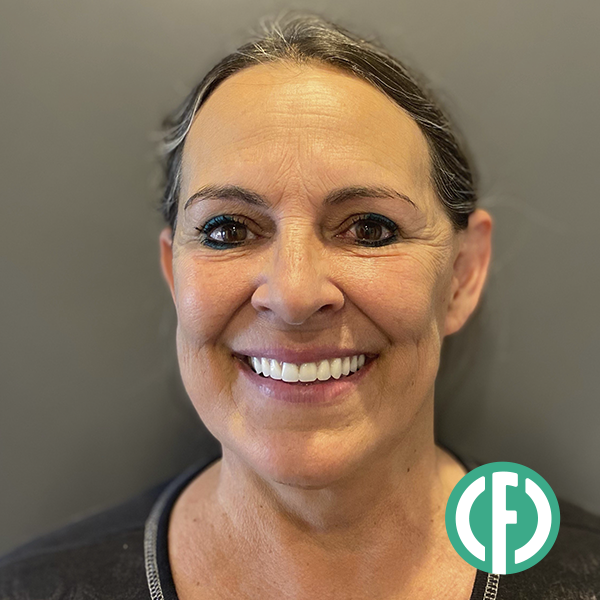Frequently Asked Questions
Your dentist should let you know when it’s time to visit a specialist. If your dentist hasn’t given you a referral to receive dentures and you’re wondering if you need them, ComfortFit Dentures offers a free exam and x-ray to new patients and can determine if dentures are necessary.
There are two main types of dentures. Full dentures include a full set of teeth and rest on the gums that cover the jawbones. Partial dentures replace some teeth, but not all.
ComfortFit offers six styles of dentures. You can view them here.
The cost of dentures varies due to many different factors, including the complexity of the treatment and type of denture. We accept most insurance providers and work with a financing company to keep costs low for our patients.
Minor irritation for up to three weeks is common as your mouth adjusts to the dentures. Please call our office with any concerns as adjustments may be necessary.
We offer immediate dentures after extractions until your new custom dentures are ready.
If you are receiving partial dentures, we will make sure they match the shade of your remaining teeth.
After your appointment, you will be sent home with information on how to care for your dentures, what to expect, and adjustment information. Any adjustments needed are are included in our denture packages.
If your dentures don’t fit as well as they used to, it may be time for a reline. A reline will lead to a better fit and can be done in our in-house lab.
Yes, we are able to do dental implants. When making an appointment, please mention that you are interested in implants. Our team will work with you to determine your best options.
Dentures are not real teeth and therefore require different care than teeth. Dentures should be brushed with dish washing liquid and a special denture brush or soft toothbrush every day instead of toothpaste. Dentures are made out of strong plastic that could be scratched by toothpaste. Rinse them thoroughly and then soak them in a water-based cleaning solution overnight.
We do not recommend sleeping in dentures. Dentures should be removed before bed to allow the gums and bones to relax. If you are unable to sleep without the dentures due to any reason, do not go more than 24 hours without removing and cleaning them.
Yes, you will be able to eat normally with your dentures in. It may take a while to learn how to chew hard or sticky foods, but using a small amount of denture adhesive should help.
Typically, dentures need to be replaced every 5 to 10 years. This is due to changes in the jaw and mouth, as well as wear and tear in the dentures themselves.









